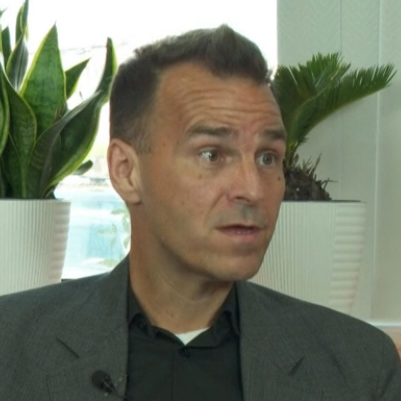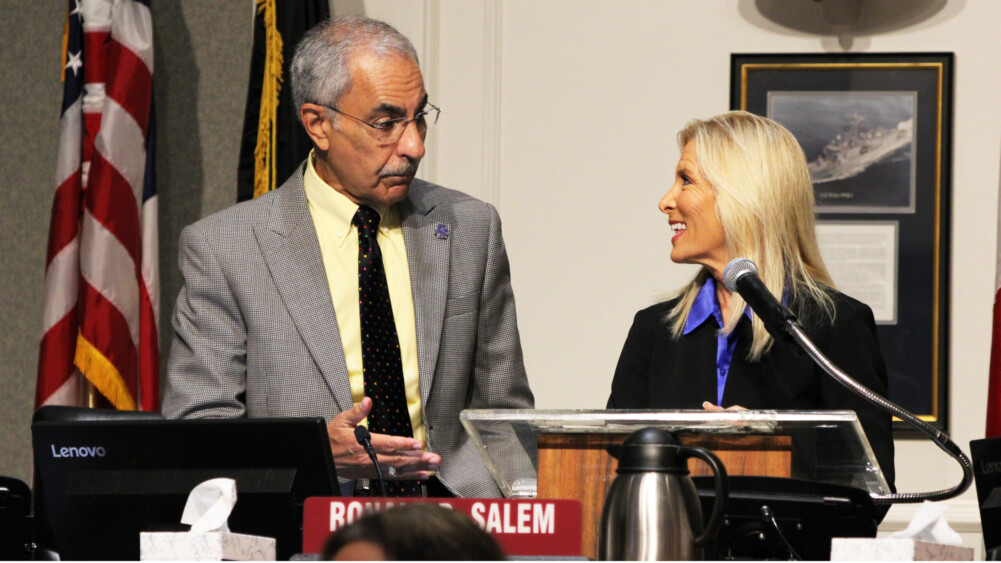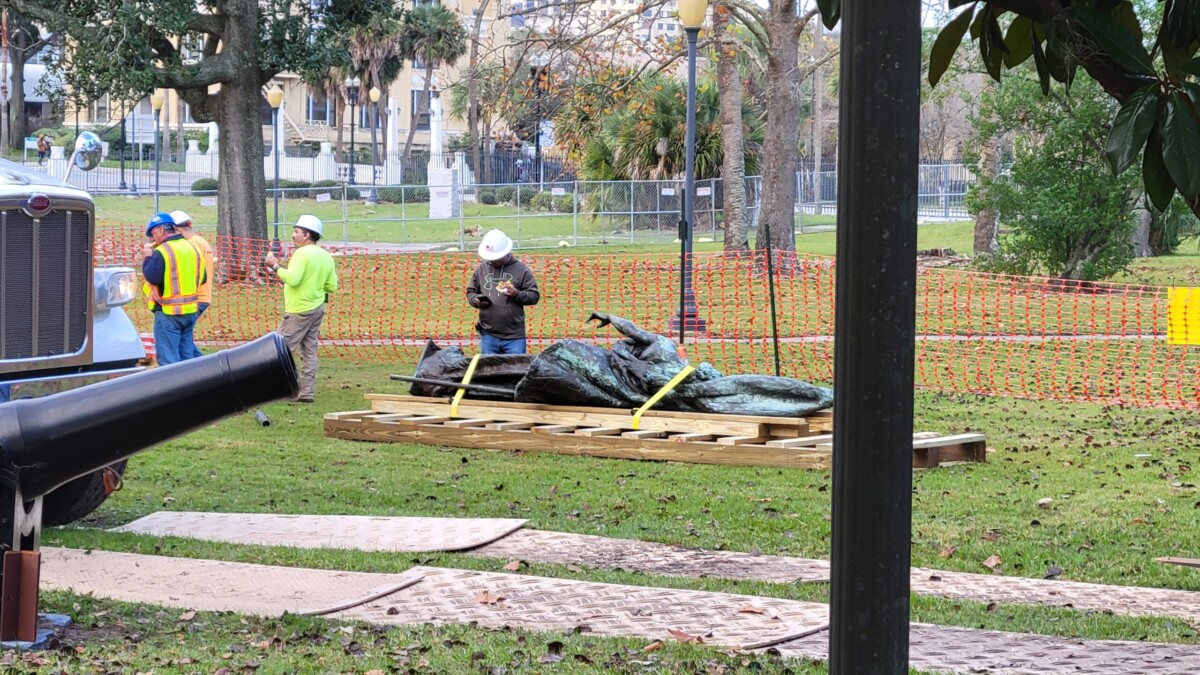
I cover local and state politics fairly closely, and I can tell you this: If you have one party controlling government — as Republicans have in Tallahassee this century, and as they often have in recent decades in Jacksonville — then you’re more likely to get “wins” for the base. But you’re also more likely to get extreme outcomes and indefensible law.
Ron DeSantis has exacted his will on Tallahassee like no other governor.
Whereas former Republican Govs. Jeb Bush, Charlie Crist, and Rick Scott dealt with a more competitive Democratic Party, less thoroughly gerrymandered districts, and more politically independent legislators, the current governor is blessed with an easily manipulated political dynamic in which he’s able to kill bills and essentially create bills at will.
Everything from the six-week abortion ban to the lack of Democratic Congress members in North Florida can be credited/blamed on the folks who expect to serve their eight years and then run for local office, run for higher office, but whatever happens, they’ve got to run. (See, it’s called “servant leadership.”)
We have seen the bitter fruits of that unchecked power here in myriad ways. The governor’s office irked members of the previous Jacksonville mayoral administration, but everybody played ball well enough for as long as it lasted. Under the Donna Deegan administration, the dynamic has been more frayed — with the governor repeatedly lecturing the mayor during press conferences about how she shouldn’t take Confederate monuments down, and with his rocky visit to the vigil after the racist mass murder in New Town last summer.
There are those in the Deegan administration who lump the governor and his excesses in with her enemies inside City Hall. That’s a mistaken perception.
While previous Mayor Lenny Curry is routinely villainized, he’s no particular fan of the governor’s either. Part of that was the shabby treatment that veteran Jax political consultant Susie Wiles got from DeSantis after pulling him through a 2018 campaign he otherwise would have lost. DeSantis’ disrespect to Brian Hughes, who worked for DeSantis’ first campaign and who ended up working for Trump this time around, isn’t exactly a relationship builder either.
And though members of the City Council may have supported the governor in 2022, there are no Ron DeSantis Republicans on that dais.
And even outside of City Hall, DeSantis allies are scarce. For example, Jacksonville Republican state Rep. Dean Black? The chair of the Duval Republican Party didn’t endorse the governor’s presidential bid when most Republicans in the Legislature did, and he introduced the motion for the party to endorse Donald Trump before the corpse of the governor’s campaign thawed out from its icy demise somewhere between Iowa and New Hampshire.
The problem the mayor and the City Council have is a local problem, not one that can be neatly put into some nationalized political discourse box. My old friend, the late Tommy Hazouri, liked to say there are no Republican or Democratic potholes.
But the reality is the potholes right now on both sides of the street seem rooted in party identity and communication that privileges confrontation over compromise.
We’ve seen it in the mayor’s statements these last eight months, which have been sharp at times, expressing a present-tense frustration that seems somehow tinged with the historical.
From ruminations on “punishment politics” to calling out associates of the former mayor and the aforementioned Rep. Black, she is definitely making a bet that people are ready for the “tired old Republican establishment men” to be pushed out forever.
A bunker mentality is understandable in some ways, given that those Republican establishment men are outside the big tent of Deeganism, and given that — as often happens when people are outside the tent — those Republicans are throwing garbage into the tent and at the administration.
They are abridging the authority of the “strong mayor” model at every opportunity, with messaging and legislation that has challenged Deegan’s position that her election was a “new day” in City Hall. And the City Council is asserting itself in ways that seemed unimaginable during the first Curry term, where 19-0 and 18-1 votes were the standard.
Whether you appreciate legislative checks and balances likely depends on whether you appreciate the Deegan mayoralty thus far, of course.
Though the administration has been in place eight months, it hasn’t experienced real stress tests yet that weren’t of its own making. They haven’t had to create a budget yet that wasn’t shaped to some degree by priorities of the previous administration. They haven’t dealt with a hurricane yet. And they haven’t introduced the stadium proposal in any meaningful way yet.
(For what it’s worth, the mayor’s office reached out post-publication to contend last year’s Idalia, the outer bands of which affected Jacksonville, was a hurricane. They also note the New Town Dollar General mass shooting was an example of an external crisis they had to address).
The dynamic with City Council President Ron Salem may be the most acrimonious since the Lenny Curry-Anna Brosche era.
Salem has gone from being a fairly reliable partner of this mayor’s office to someone who staffers have written notes condemning (which found their way into the local press). Randy White, the likely next president, will be an interesting negotiating partner for the mayor.
After that? Good luck. Especially if things stay this toxic.
The calendar will turn to the 2027 election as Deegan’s year three begins, and if Republicans don’t function as a circular firing squad and instead unify behind one candidate (and maybe encourage a Democratic plant to jump in), they could make the mayor’s re-election interesting.
People in her orbit call her a “popular mayor,” which arguably is true, but when Democratic Mayor Alvin Brown lost his re-election to Lenny Curry, he had 55% approval rating in a Curry campaign internal poll at the time. In the right circumstances, a March primary or even May general election could be competitive.
All of that is horse race politics, and there will be plenty of time to speculate on that. The best way to delay that speculation would be to find a way to change the tone in City Hall. Right now it feels like zero-sum politics more often than not. And failure to recalibrate will mar this mayor’s effectiveness in the present tense and legacy perhaps in the end.
Before the Curry administration drowned in a sea of JEA intrigue and COVID-19 complications, they were able to score some political wins — pension reform, for example. That was a stunning victory, one that the former chair of the Republican Party of Florida leveraged locally and in Tallahassee, crossing party lines and accomplishing the re-amortization of debt that was necessary to keep the city functionally solvent.
And recall that former Mayor John Delaney’s Better Jacksonville Plan was a signature accomplishment, one that he sold and pushed with every bit of political capital he had. He didn’t need Tallahassee to sign off on it. But he had to sell it locally.
They benefited from a different political discourse, to be sure.
But it takes negotiation and the time-honored principle of “getting to yes” to take a toxic discourse and make it productive.
There are no more Confederate monuments to come down. There aren’t many more symbolic battles to win.
And we have a choice: a lost decade of bickering, or a renewed attempt to speak to our adversaries and find the common ground of civility necessary to stop creating political potholes and getting back to filling in the real ones, to the unglamorous yeoman’s work of capital improvement and maintenance and the things that actually matter to people who don’t live or breathe the political process.
Lead image: Council President Ron Salem and Mayor Donna Deegan at her 2023 budget presentation | Casmira Harrison, Jacksonville Today







